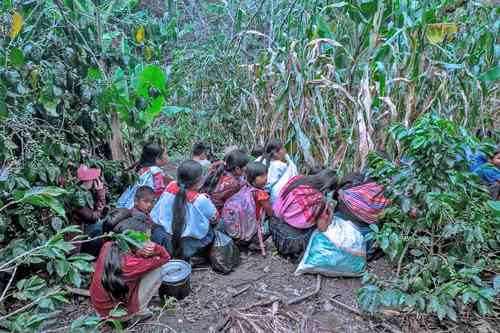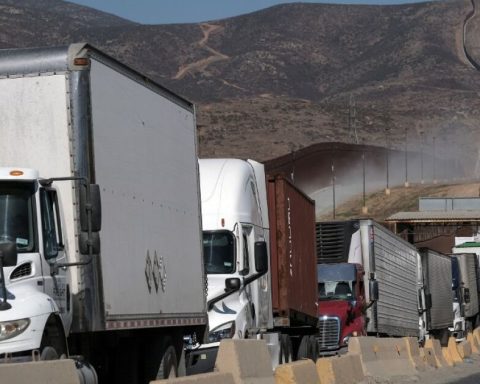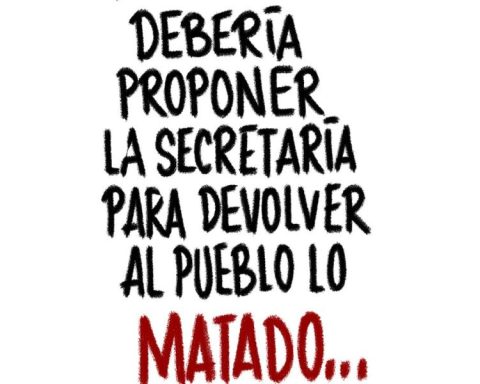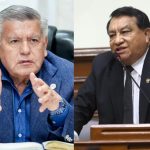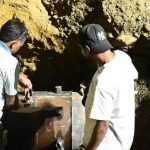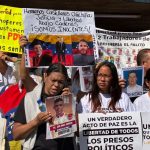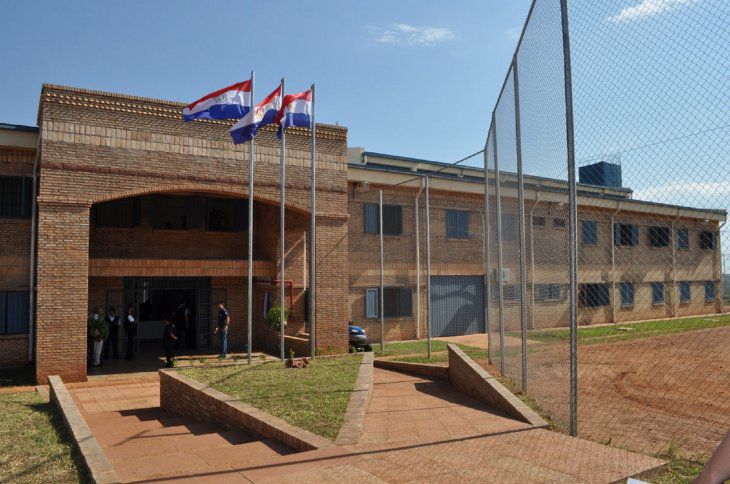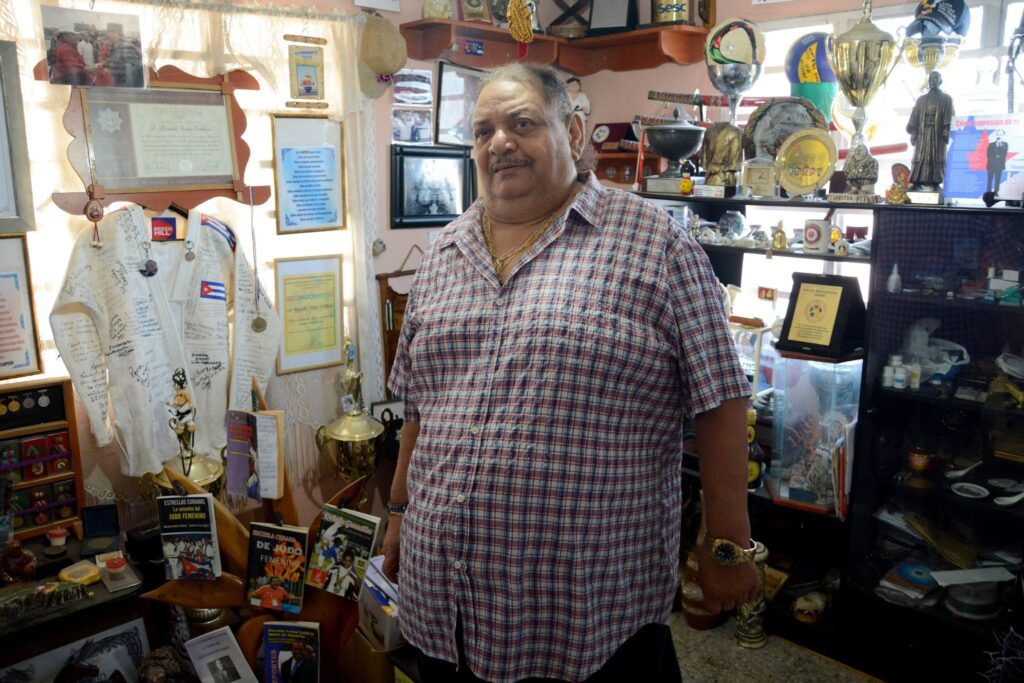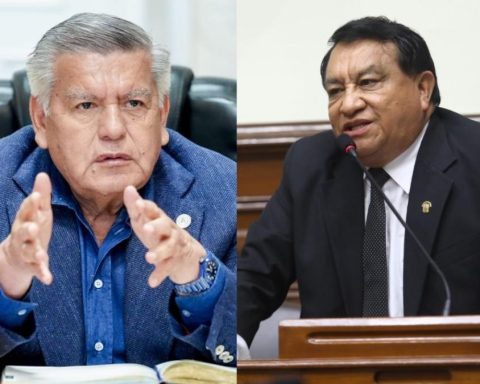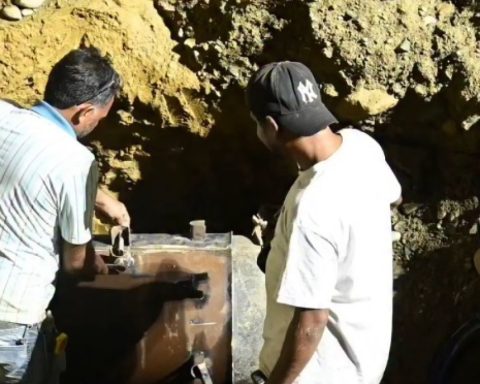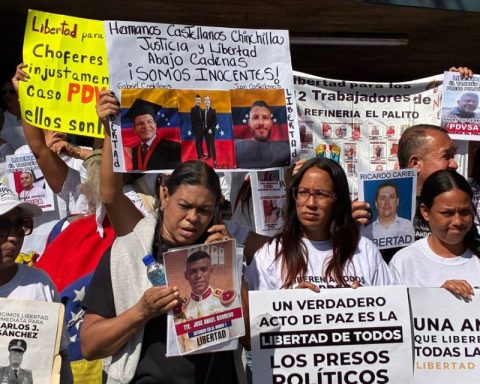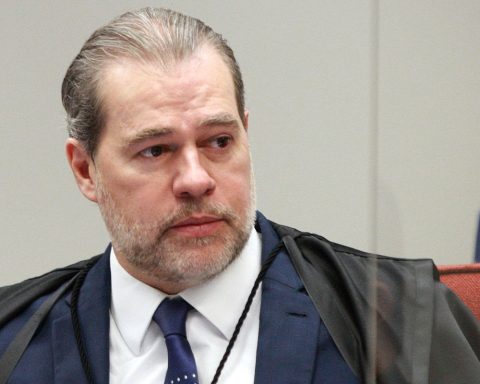▲ Indigenous people from Aldama take refuge among the cornfields from the paramilitary attack from Chenalhó.Photo Luis Miguel Aguilar
Herman Bellinghausen
Send
Newspaper La Jornada
Sunday, August 7, 2022, p. 6
San Cristóbal De Las Casas, Chis., Not because time passes the situation of the displaced in the municipality of Aldama ceases to be serious and urgent, says the body of lawyers of the Fray Bartolomé de Las Casas Human Rights Center (Frayba), in conversation with La Jornada.
They reiterated that there is a simulation
in the government’s compliance with the precautionary measures that the Inter-American Commission of Human Rights (IACHR) granted to 22 Tsotsil communities in the municipalities of Aldama, Chalchihuitán, and Chenalhó.
So far there have been seven murders in Aldama and one more in Chalchihuitán, plus another 10 people who died of illness and the situation resulting from forced displacement (mostly elderly people, girls and boys); in these municipalities there are 5 thousand 5 people in forced, intermittent or permanent displacement.
Food shortages and minimal attention to their health have turned them into people vulnerable
but chronically violated in their living conditions due to armed aggression and even bombs
for three long years now. The psychological footprint, and the almost impossibility of receiving an education, makes the boys and girls of between 12 and 15 communities of Aldama a case of urgent humanitarian attention.
If it weren’t for some support from civil society, particularly from the Trust for Indigenous Children (Fisanim), chaired by actress Ofelia Medina, children, women and the elderly in Aldama would live in total isolation in their authentic war conditions. Their aggressors are armed groups that shoot from Santa Martha, Chenalhó.
On July 12 and 13, the IACHR commissioner and rapporteur for Mexico, Esmeralda Elizabeth Arosemena Bernal de Troitiño, and Tania Reneaum Panszi, executive secretary, led a mission to the area. First they visited the communities of Koko’ and Tabak, in Aldama, and the following day Canalumtik, Pom and Chenmut, in Chalchihuitán. In both municipalities, they met privately with the beneficiaries of the precautionary measures and heard live testimonies from women and men about the situation of violence they experience due to the omission and acquiescence of the State in allowing armed groups to act with impunity.
refers the Frayba.
The representatives of the displaced families of Aldama insisted that before the issuance of the protective and precautionary measures, the Mexican State must comply with the recommendations, as well as its other demands, in which there is no convincing progress
. The first is immediate and definitive release of our colleague Cristóbal Santiz Jiménez
whom they consider political prisoner
and that he has been under house arrest since April, after being imprisoned for a long time.
Given the foreseeable absence from the courts of the alleged witnesses for the murder charges imputed to Santiz Jiménez, the case against him has vanished, but he still has not obtained his freedom, as pointed out by the Frayba lawyers. The main demands of the indigenous people under fire, backed by the other residents of Aldama who share some food with them and spaces to protect themselves from the shootings (which is why they speak of intermittent displaced
who come and go from their houses and plots, in constant risk of their lives) are: investigation, disarmament, detention and punishment of the aggressor group, as well as opening investigation folders
.
They also demand humanitarian support and medical services (including an armored ambulance); repair of the road from Cotzilnam to Xuxch’en and from Yeton to Cotzilnam, under permanent gunfire; hospital equipment to care for the wounded and injured, as well as for the physical and psychological rehabilitation of those affected; shelter for displaced people from 12 communities.
According to Frayba, the IACHR verified the lack of investigation, disarmament and punishment of the armed groups that continues to prevail, as well as the absence of effective measures to put an end to the aggressions with firearms, violence and insecurity experienced by the beneficiary communities, keeping these acts in impunity and far from the clarification of truth and justice; also expressed its solidarity and concern for the risk to the life and integrity of the victims
.
